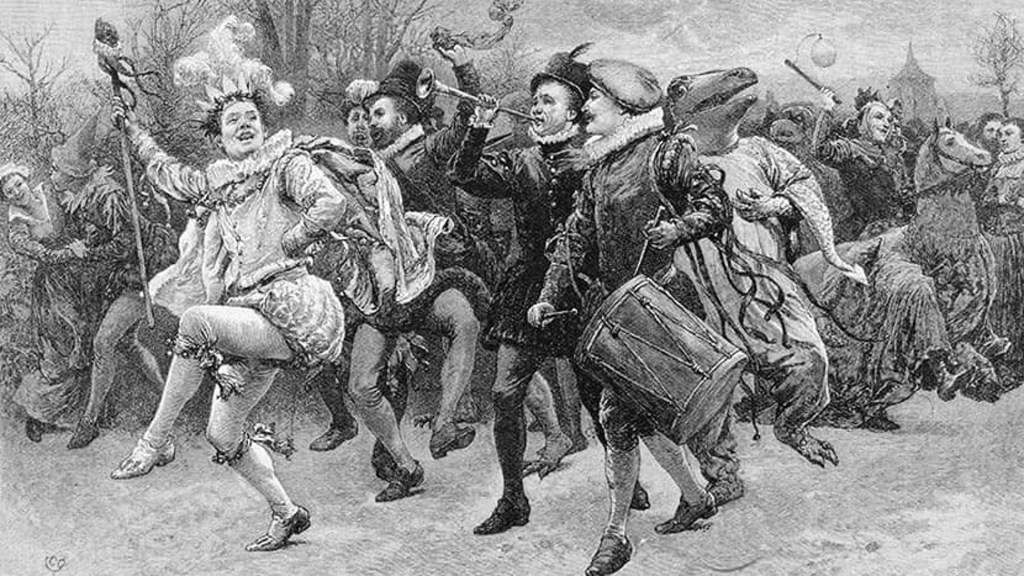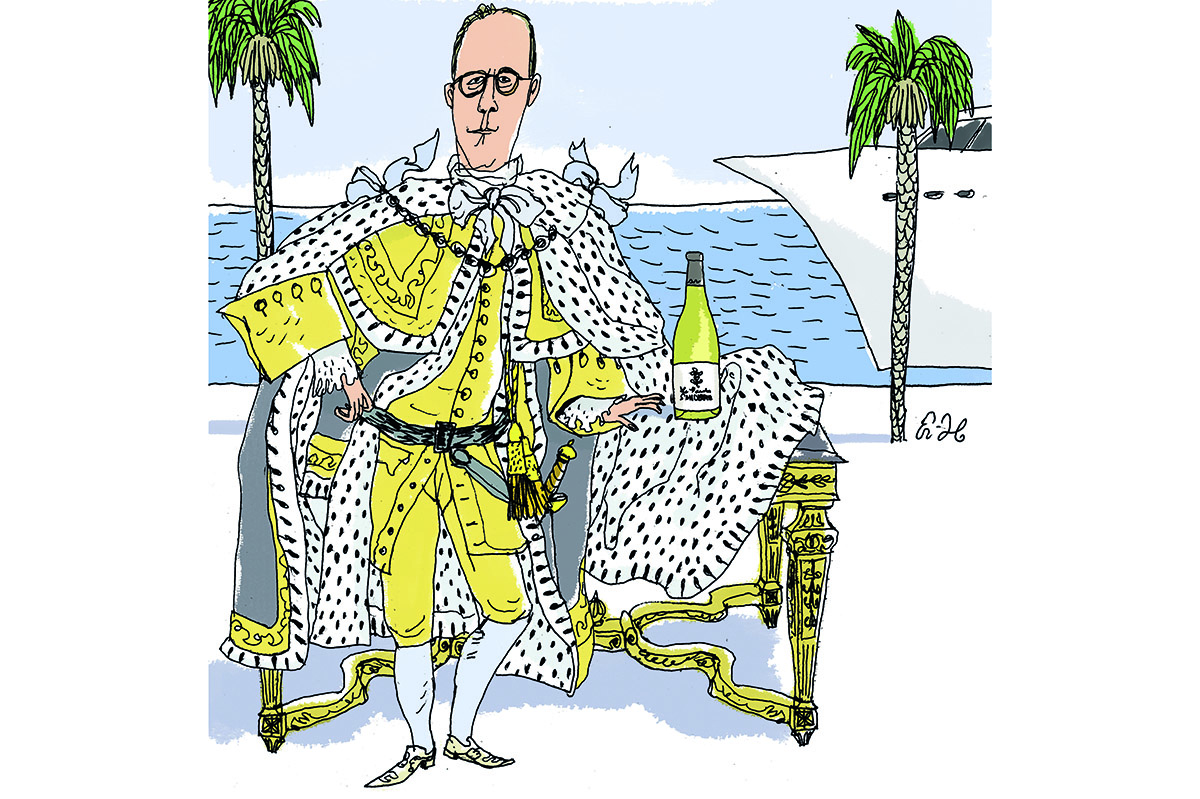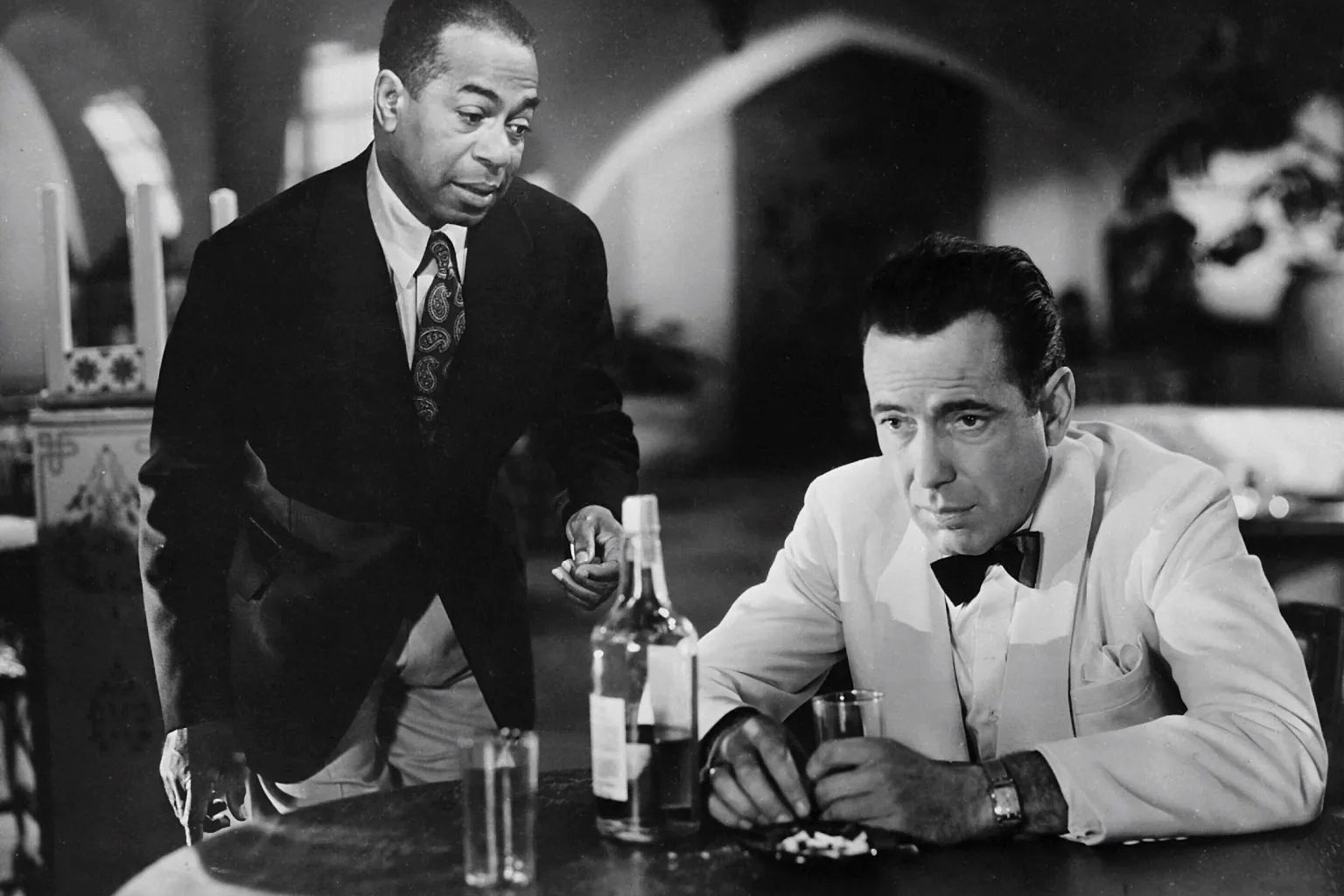Sharon told me once that the best sex she’d ever had was with Tom in the town public conveniences, bathed in that mauve light some town councils install to inconvenience junkies. Which was typical of Sharon’s unsnobbishness and of Tom’s work ethic.
I’d met Tom through Sharon. In a list of boyfriends that year that would have taken as long to read aloud as the soccer results, Tom came after me and I came after Trevor. After Trevor had beaten Tom up a couple of times — my brief contribution to his estrangement from his former long-term girlfriend hadn’t counted for some reason — the three of us formed a sort of Sharon’s Ex-Servicemen’s Association, which met occasionally around a pub table.
And after Tom there was this army bloke with a bad leg and an enviable disability pension. He drank in the pub too. Unfortunately for him he lacked humor and was determined to be her one and only. Retrospectively jealous, he was violently hostile to Sharon’s Ex-Servicemen’s Association. We scarred veterans shook our heads in sorrow at such a public exhibition of delusive hope.
In truth, I too was still desperately in love with Sharon and remained so for years afterwards. Trevor, on the other hand, maintained that he was glad to be out of it. Their relationship had been a long, complicated and warlike affair over many years, and he had learned to hide his true feelings behind a poker face. But Tom had come out of his intimate brush with the town’s carnival queen not only mentally unscathed but thrilled to have been introduced to this new and farcical world of which Sharon was the center. He was glad too because of the incalculable bonus of having met me.
Tom’s character was Lord Jim as Conrad described him on the first page of his novel: He was “faithful like a friend and attentive like a son, with the patience of Job, the unselfish devotion of a woman, and the jollity of a boon companion.” In fact, he used to snog me and grip me to his hard body, and once, when we shared a bed after a night out, he tried to have sex with me, but he was too incapably drunk to overcome my prudish objection.
Tom liked women best though. And he had a reputation as a surefire no-strings bet. His work was building and renovation, self-employed. As a workman he was relatively reliable and industrious. I’ve been chatting to him in his dusty overalls in the high street and some unknown woman or other would come up and forcibly drag him off for sex. In that department he was wholly reliable and a valuable public service.
My goodness Trevor and Tom could drink. (I could too then.) There was no finer or funnier drinking companion than farm boy Trevor. But Tom was in a different league. He was a Lord of Misrule; chaos was his element. “Harder! Faster!” was his partying tempo and “Chop on!” his motto. And he appeared to be made of cast iron. He was never depressed or introspective but always cheerful and funny. Trev used to say to me — and Trev was no puritan — “He ain’t long for this world, that boy. You mark my words.”
When Trev started up that particular refrain, Tom was in his mid-thirties. Then we saw less and less of Tom because he was subject to a blanket ban from every pub in the parish and two adjacent ones. And being a market town, with one every fifty yards, that was a lot of pubs. If there was a new pub landlord in town, he might saw off his electronic tag and enjoy a rare night out as of old, ending up with broken furniture and another court appearance.
Then came Covid and I returned to France. I’ve not been back to England since, except to return the grandsons after their annual visit and leave again. Then a laconic text arrived from Trev to say that Tom had died. I rang back but he was vague on details other than that Tom had collapsed in an unknown pub somewhere and died in hospital. But recently, after months of desultory googling, I found the report in a local paper. The headline was: “Popular Devon builder died after drinking when pub ban lifted.”
Two years ago this week, Tom had had a drink in every pub he’d been banned from and continued with a three-day bender, smoking heroin and taking Valium, it was said at the inquest. He collapsed finally in a pub called the Farmer’s Union. He was forty-one.
Dear Tom, in my humble but animated opinion, was a good man. He was unassuming, funny, hard-working, intensely sociable and loyal. I like to think of him now, in this strange new era of secular saintliness and hypocrisy, and laugh.
This article was originally published in The Spectator’s March 2022 World edition.

























